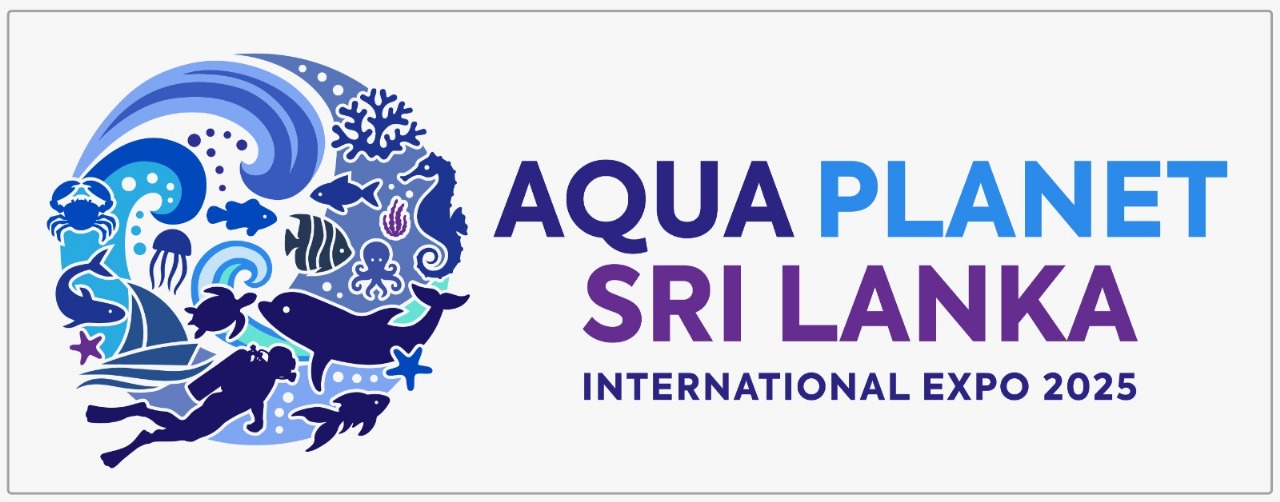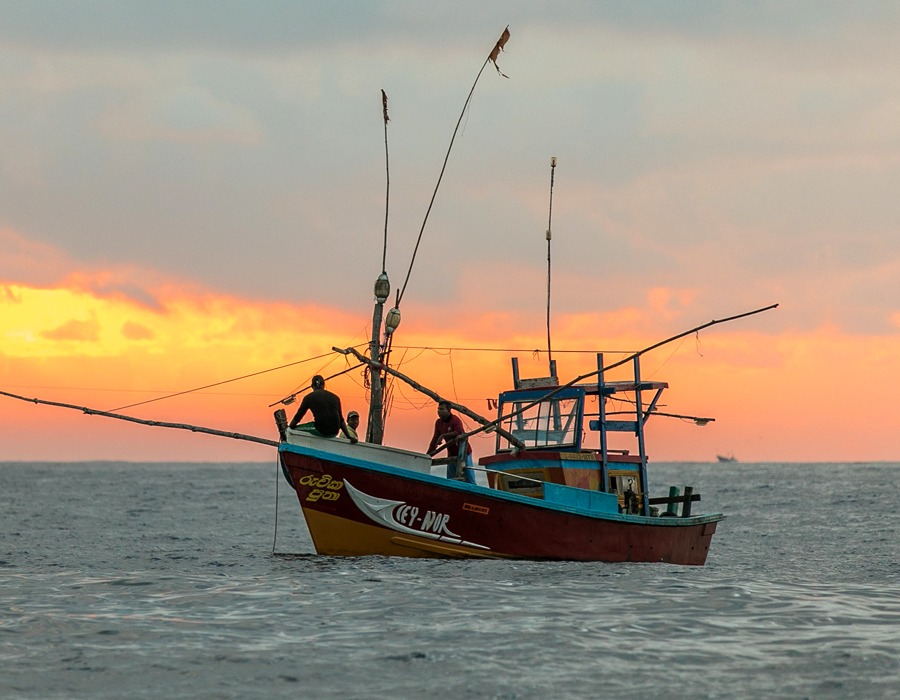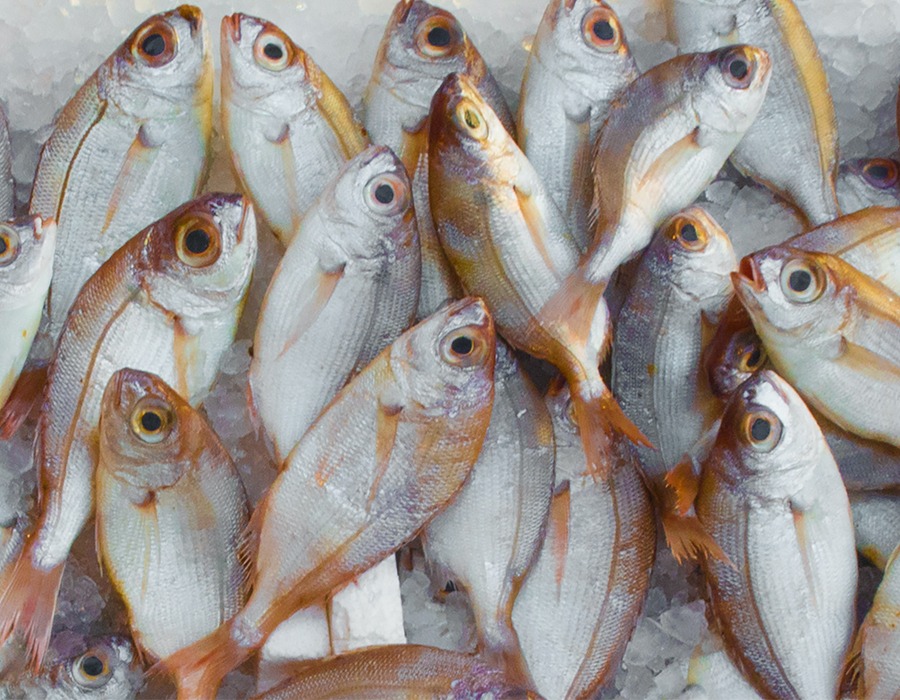Welcome to Department of Fisheries and Aquatic Resources
ධීවර හා ජලජ සම්පත් දෙපාර්තමේන්තුව වෙත ඔබව සාදරයෙන් පිළිගනිමු
கடற்றொழில் மற்றும் நீரியல் வளங்கள் திணைக்களத்துக்கு வரவேற்கிறோம்
DFAR
Department of Fisheries and Aquatic Resources
The Department of Fisheries and Aquatic Resources (DFAR) of Sri Lanka is responsible for the management and regulation of marine fisheries in the country. It plays a crucial role in promoting sustainable fishing practices, supporting the livelihoods of fishing communities, and conserving marine resources. The department also mandated to manage fish processing, and export of fishery products. Sri Lanka's fisheries sector is an important contributor to the country's economy and food security.
Fisheries Management
Sri Lanka's fisheries management emphasizes sustainable use and conservation of marine resources through robust regulations overseen by the Department of Fisheries and Aquatic Resources (DFAR). Community engagement is promoted through local management initiatives, aiming to balance socio-economic needs with environmental conservation for current and future generations
Fisheries Development
Sri Lanka prioritizes sustainable fishing practices and upgrading post-harvest processes to enhance fisheries development. Government initiatives aim to modernize the sector, improve productivity, and elevate income prospects for fishing communities. Efforts also focus on promoting responsible and eco-friendly fishing for the long-term health of marine resources.
Fishery product export quality control
Sri Lanka enforces strict quality controls on fish exports to meet international standards and protect consumer health. Certification, inspections, and hygiene practices are mandatory under export regulations. Traceability and lab testing ensure quality, while training programs strengthen industry skills. These efforts support Sri Lanka’s reputation as a trusted exporter
High Seas fisheries operation
Sri Lanka's high seas fisheries involve fishing beyond its exclusive economic zone, governed by international agreements and managed through regional organizations. While contributing to the seafood industry, it necessitates adherence to sustainability principles and cooperation with other nations for responsible resource management.
Information technology to fisheries management
Information technology transforms fisheries management with advanced tools for data collection, analysis, and decision-making, enhancing efficiency and sustainability. Our IT Division aims to streamline workflows and simplify tasks by implementing innovative tools and systems, automating processes, improving communication, and providing quick access to information
Law enforcement in Fisheries sector of Sri Lanka
Law enforcement by Sri Lanka’s Department of Fisheries and Aquatic Resources (DFAR) is key to sustainable fisheries. Working with the Navy and Coast Guard, DFAR conducts patrols, inspections, and awareness programs to combat illegal fishing, protect marine resources, ensure sustainability, and support the livelihoods of fishing communities.
Get in Touch
0112 446 183
Related Links
Follow Us
Quick Links
Copyright © 2025 Department of Fisheries and Aquatic Resources
Developed and Designed by Information Technology Division






